Genetics is the study of heredity and variation. The genes present in the nucleus and cytoplasm governs the heredity and variation. The nuclear x cytoplasmic interaction largely determines the phenotype, apart from the environmental factors. Gregor Johann Mendel laid the foundation for the classical nuclear genetics. The science of organelle genetics began in 1908, with the discovery of variegation of leaf colour in 4 0′ clock plant (Mirabilis Jalapa). This finding unveiled the role of chloroplast genome in heredity and variation, for the first time in the world. The discovery of male sterility in flax and the possible role of mitochondrial genome in the expression of male sterility made a spectacular jump in agriculture. Knowledge of organelle genetics has paved the way for the sustained food and nutritional security through crop breeding. Our main objective in writing this text book has been to strength the knowledge of graduates and researchers in genetics and plant breeding. The quintessence of organelle genetics rests on the discovery of the presence of Deoxyribo Nucleic Acid (DNA) in chloroplasts and mitochondria. Now, it is well understood that organelle genes are capable of executing both auto-and hetero-catalytic functions viz., replication and protein synthesis. Manipulation of the organelle genomes through conventional plant breeding has gained momentum during the 20 century. Twenty-first century researches are eagerly anticipating about the impact of organelle transfer, techniques in evolving high yielding lines.
Organelle Genomes in Plant Breeding
In stock
Free & Quick Delivery Worldwide
reviews
Bibliographic information
Title
Organelle Genomes in Plant Breeding
Author
Edition
1st ed.
Publisher
Agrobios (India), 2005
ISBN
8177543687
Length
xii+168p., 13 Figures; 6 Coloured Plates
Subjects


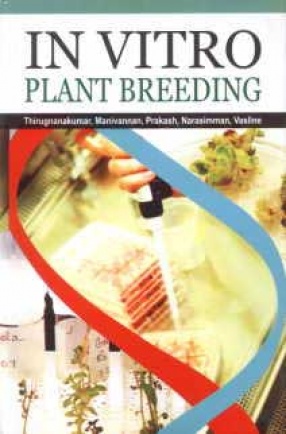
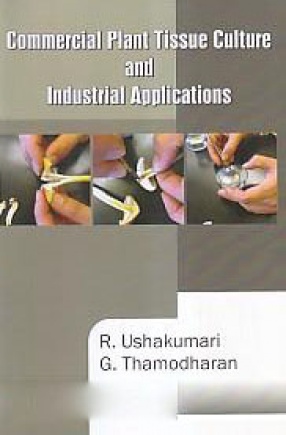

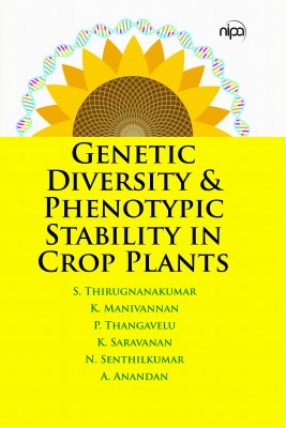
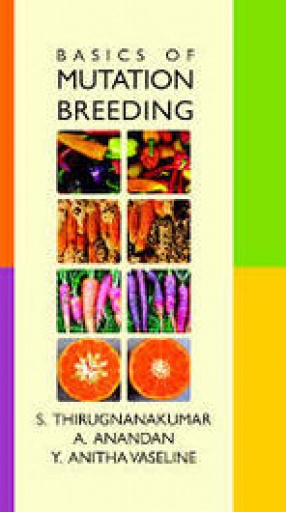
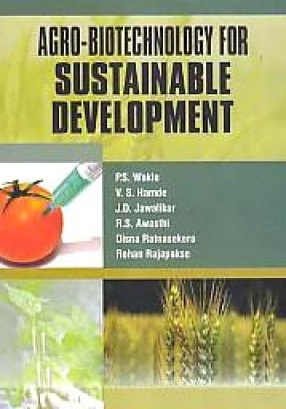


There are no reviews yet.